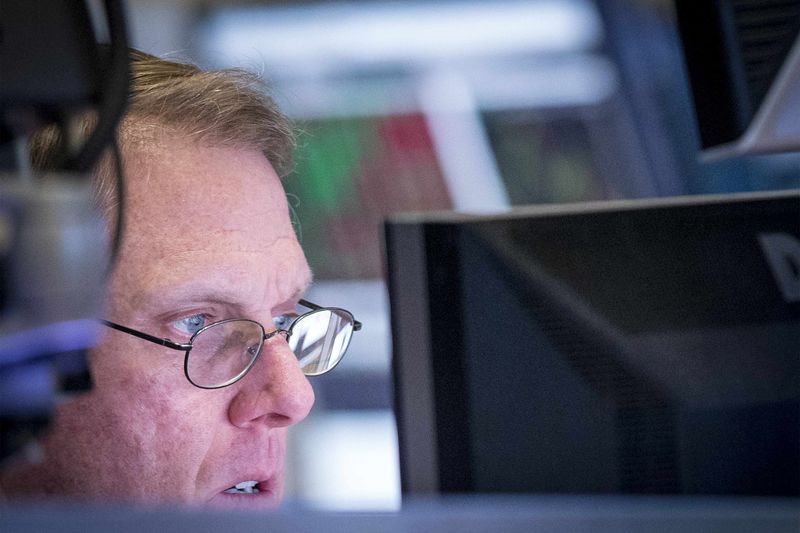Cannabis has been demonized for decades, labelled as a gateway drug that leads to harder drug abuse and associated with violence, crime and antisocial behaviour. In a surprise move, Canada, the only developed country to do so, legalized the recreational consumption of marijuana, becoming only the second country globally to do so after Uruguay. This sparked a rash of initial public offerings (IPOs) among cannabis cultivators as they sought to cash on what is believed to be a multi-billion global industry.
Nosebleed valuations Toward the finish of 2018, Consultancy Deloitte estimated that Canada’s legal marijuana market is worth almost $9 billion annually, while Grand View Research estimated in May 2019 that the global market would be valued at US$66 billion by the end of 2025.
The reluctance of the U.S. federal government to legalize marijuana, which remains a schedule one substance — meaning it has no recognized medical use — has deterred Wall Street and the major banks from funding U.S. cannabis companies.
That saw Canadian cultivators like Canopy Growth and Aurora Cannabis take the lead globally soaring to new highs as speculators led to retail investors seeking to cash in on a burgeoning industry. Over the last two years, Canopy has gained a massive 568%, while Aurora is up by 393% and Cronos Group a whopping 1,073%.
Those considerable gains see those three sporting nosebleed valuations including price to sales ratios of 80, 50, and 353, respectively. This indicates that those companies will need to significantly grow sales if their earnings are to catch up with their market value.
Global cultivation boom The fear among market pundits is that once the U.S. federal government legalizes the use of marijuana in some form or another, there will be a flood of legal cannabis cultivators commencing operations as institutional money enters the industry. This will ultimately create a massive supply glut, which will lead to higher cost operators, most notably in Canada, where they are heavily reliant upon energy intensive climate-controlled indoor cultivation, to operate at a loss.
The significant costs associated with marijuana cultivation can be seen from the latest quarterly results, where Canopy’s cost of sales was $5.47 per gram.
Then there is the growing competition posed by other jurisdictions such as Colombia where superior climatic conditions, cheap labour and lower costs as well as a clear regulatory landscape endow it with a distinct comparative advantage over Canada.
Demand could be lower than anticipated There are also emerging concerns that the global demand for cannabis won’t expand as quickly as industry insiders and analysts believe. The recreational consumption of marijuana still attracts considerable stigma, the authorities in many jurisdictions are inadequately equipped to regulate cannabis and there is a considerable amount of time required to meet the regulatory requirements surrounding its medical use.
It wouldn’t be surprising to see those jurisdictions where the recreational consumption of marijuana is legalized tighten the regulations governing its use as hospital admissions rise along with a potential influx of consumers driving under the influence.
This should have investors worried because it means it will be extremely difficult to predict how much the global market will be worth in five years. Various analysts are making widely disparate forecasts; some are predicting US$41 billion, while others are claiming that it will be more than double that figure at US$89 billion. That only magnifies the uncertainty surrounding the industry and whether cannabis cultivators can close the valuation gap.
Foolish takeaway These factors should concern cannabis investors, but they shouldn’t be deterred from investing in what is a rapidly growing industry that’s here to stay. While Canopy reported some disappointing numbers for its fiscal fourth quarter 2019, the industry leading cultivator still offers the best opportunity to gain exposure to the growing global legal cannabis market.
Its alliance with Constellation Brands (NYSE:STZ), considerable scale, growing distribution network and dominant position makes it the most likely cannabis cultivator to succeed. Canopy recently dismissed its co-founder and co-CEO Bruce Linton after pressure from Constellation, which owns around 40% of the cannabis cultivator, reputedly because of the poor results for 2019.
While that appears to be an acrimonious split, it does demonstrate that Canopy is positioning itself for growth and to move past the disappointing results.
Fool contributor Matt Smith has no position in any of the stocks mentioned.
The Motley Fool’s purpose is to help the world invest, better. Click here now for your free subscription to Take Stock, The Motley Fool Canada’s free investing newsletter. Packed with stock ideas and investing advice, it is essential reading for anyone looking to build and grow their wealth in the years ahead. Motley Fool Canada 2019
